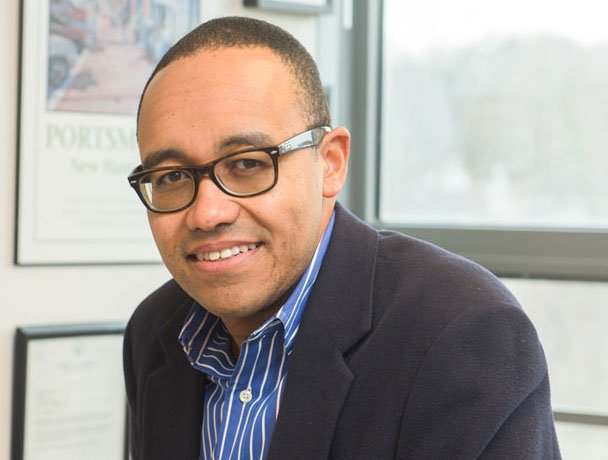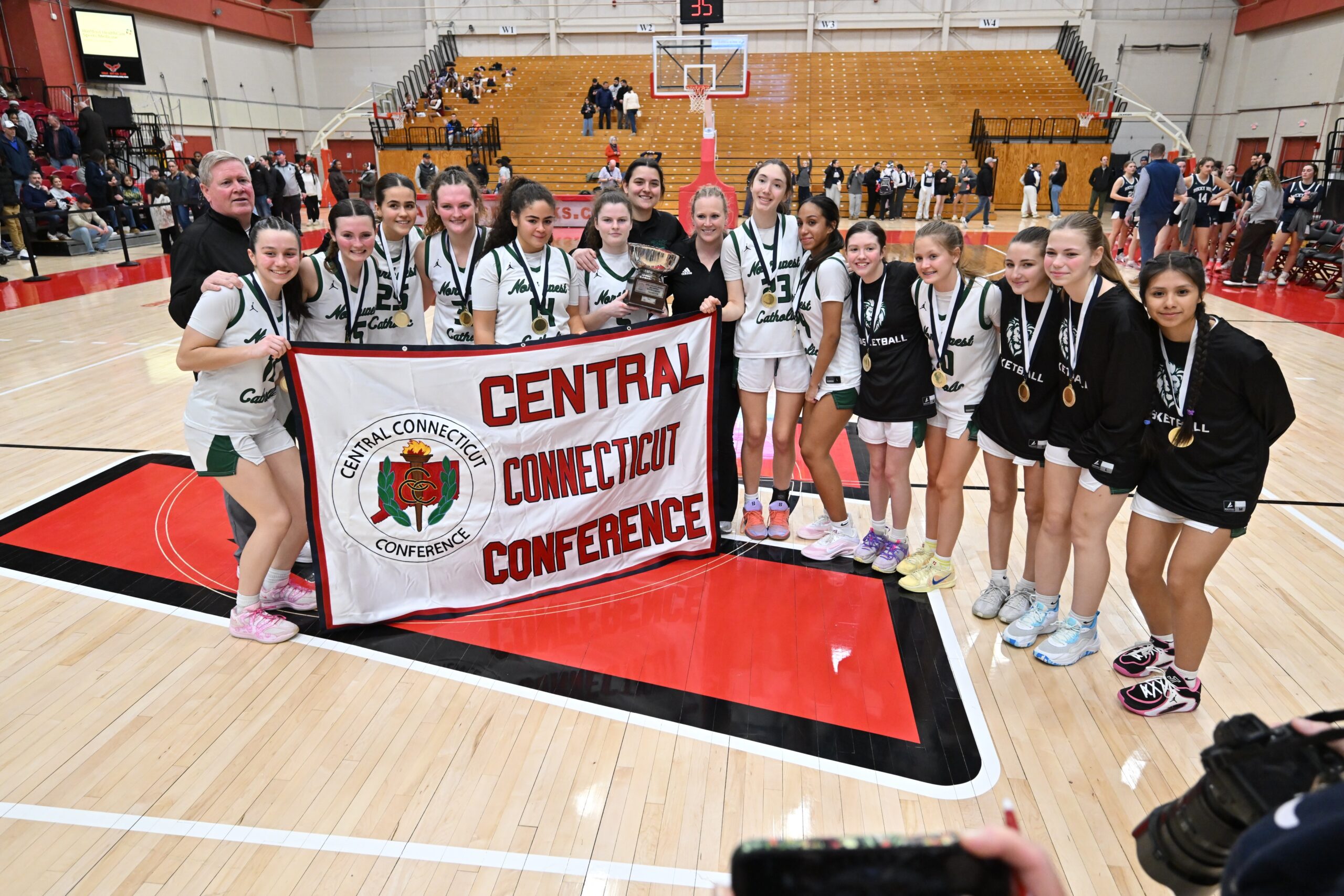Op-Ed: Dial 911, Connecticut. We are the Coopers

Audio By Carbonatix

Jonathan L. Wharton. Courtesy photo
Jonathan Wharton, an associate professor at Southern Connecticut State University, grew up in West Hartford. He wrote this column for CTNewsjunkie.com, where it originally appeared.
By Jonathan L. Wharton
The Coopers, who ironically have the same surname but are not related to one another, met at Central Park last week as one tried to bird watch and the other had their dog unleashed. Christian Cooper reminded Amy Cooper about the park’s leash rule. As a white woman, she called 911, acting like a black man threatened her, and he recorded the confrontation.
Did this moment have to make news? Yes, because racial incidents like this impact black men across America. And similar occurrences happen to me in arguably tolerant New England.
But there were additional considerations that many in the media overlooked about the Coopers. It’s convenient to focus on the gender and racial dynamics between Amy Cooper and Christian Cooper. (As Christian Cooper offered after the incident, Amy Cooper “went racial.”) But beyond race and gender, what about the Coopers’ education, class, and socioeconomics?
These were two professional middle-class New Yorkers. Christian Cooper is a Harvard-educated biomedical editor and comic book writer. Amy Cooper, a graduate of the University of Chicago, was a vice president for Franklin Templeton until last week, when she was fired over this incident. It is fascinating that despite their similar educational and professional backgrounds, as well as socioeconomic status, Amy Cooper weaponized race. She employed it by lying and acting fearful of a black man as a white woman.
Microaggression acts like this are nonverbal or verbal (often passive aggressive) actions and insults. It is this overlooked form of racism that transcends gender, race, and even class.
It’s hard to believe New Englanders and especially Nutmeggers have microaggression tendencies, but there are Amy Coopers among us. Hopefully, they are not going as far as calling 911.
I am often faced with this microaggression reality as a black man and Connecticut native son. I frequently cat- and dog-sit for friends in wealthy and predominantly white shoreline towns like Fairfield, Milford, and Madison. I have been on the receiving end of many white women’s stares in their neighborhoods and town centers. Sometimes I will respond with a simple, “good morning” or briefly glare back. Some will clutch their purses or grasp their children’s hand tighter. It could be hard to believe that a preppy-dressed professor is going after a purse or child, but as a black male I am a threat for some despite my education and social class. (For the record, Fairfield and my West Hartford hometown have been some of the worst experiences; Madison and Milford, not so much).
As black middle class educators, my parents were well aware of these racial and class realities in Connecticut. They often reminded my brother and me about microaggressions in a supposedly progressive bastion like West Hartford. “Know thy neighbor” was their mantra since my brother and I were paperboys and by default, we had to know our neighbors and they had to know us. It was, and I still believe, one way of addressing microaggressions.
Thankfully for every Amy Cooper out there, there are endearing white women like Allicia, Sue, Marie, Patty, Marla, Sharon, and Jody. These mothers were not only my West Hartford neighbors, they also knew my brother and I as neighborhood teenagers to deliver newspapers, cut lawns, babysit and mentor their kids. Knowing and trusting each other can be helpful to confront microaggression tendencies, especially among neighbors.
If only more of us could recognize our diverse perspectives and backgrounds, and also acknowledge that microaggressions can prevent us from knowing one another and limit our ability to work with each other. After all, the last thing anyone needs is another confrontation like the Coopers’.
Jonathan L. Wharton, Ph.D. is associate professor of political science and urban affairs at Southern Connecticut State University in New Haven. He is a frequent guest on WNPR’s Wheelhouse radio show and serves on the Republican State Central Committee.
DISCLAIMER: The views, opinions, positions, or strategies expressed by the author are theirs alone, and do not necessarily reflect the views, opinions, or positions of CTNewsJunkie.com.
Republished with permission from CTNewsJunkie.com, all rights reserved.
We-Ha.com will accept Op-Ed submissions from members of the community. We reserve the right to edit all submitted content.
Like what you see here? Click here to subscribe to We-Ha’s newsletter so you’ll always be in the know about what’s happening in West Hartford! Click the blue button below to become a supporter of We-Ha.com and our efforts to continue producing quality journalism.



